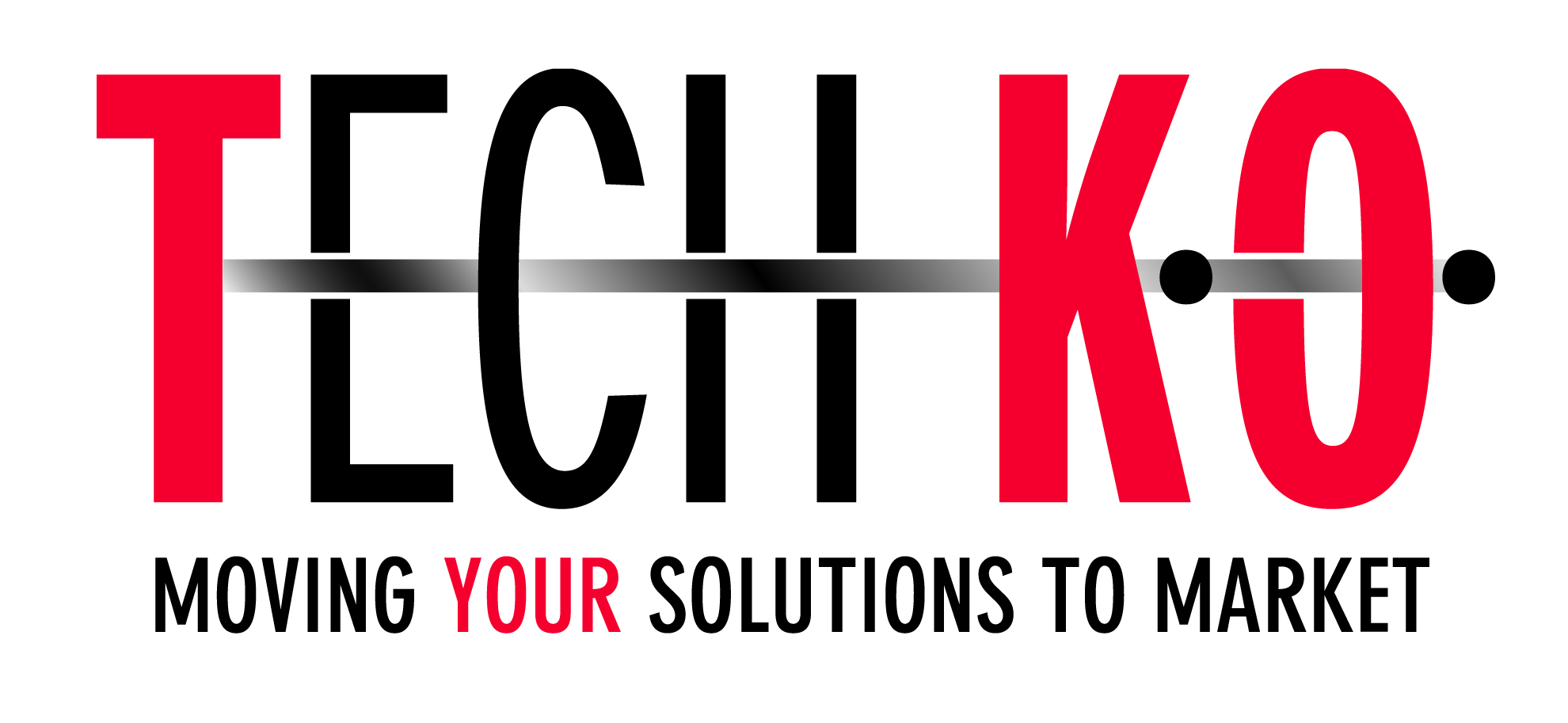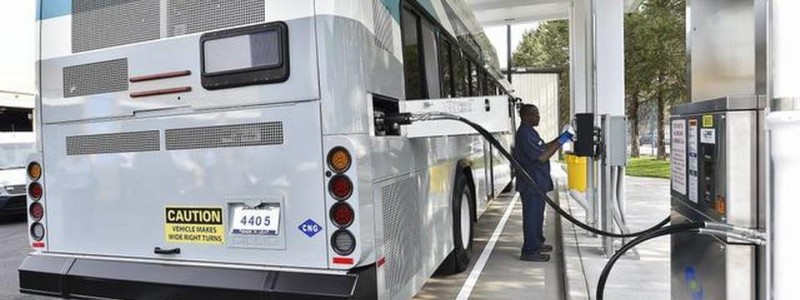Pennsylvania adopts innovative procurement approach for CNG fuelling stations
A team led by Trillium CNG – a major U.S.-based supplier of compressed natural gas (CNG) for vehicles and designer, builder and operator of natural gas fuelling stations – has been selected by the Pennsylvania Department of Transportation (PennDOT) to implement a US$84.5M public-private-partnership (P3) project to establish and maintain CNG fuelling stations at 29 public transit agencies. Constructed over the next five years and operated under the 20-year term of the P3 agreement, the fuelling stations will supply more than 1,600 CNG-powered buses throughout the state.
Seven of the stations will be accessible to the public for private vehicle fuelling. A royalty on public sales of natural gas will yield PennDOT at least US$2.1 million in royalties over the term of the agreement. Transit agencies expect a net savings of US$10M annually, based on current prices for natural gas compared to gasoline and diesel. PennDOT Secretary Leslie S. Richards stated:
With Pennsylvania’s natural gas resources, this project will not only bring efficiencies for transit agencies and the state, but we’re also helping establish a foothold for the CNG transportation market in areas that may not have seen this opportunity for some time.
The Tech-K.O. Takeaway: P3s seem to be an effective way to de-risk the procurement of innovation. If Canada wants to build the critical mass needed for its domestic technologies and solutions that could go global, then more strategic approaches need to be considered. The PennDOT initiative is an instructive example, as it aims to support the local natural gas production sector, as well as new, lower-emissions transportation technology and infrastructure.
- Full story at Green Car Congress.
- Source: Pennsylvania Department of Transportation. “Penndot Selects Team for Compressed Natural Gas Fueling Stations Public-Private Partnership.” PennDOT.gov, 28 March 2016.
- Photo: Compressed natural gas bus fuelling station in Kansas City, Missouri (Jill Toyoshiba in Kansas City Star).


Would this solution work for the recent NRCan request for information to build alt fuel infrastructure in Canada?
Great question! At this stage, it appears that the government seeks only to contribute supporting funds to alternative fuelling infrastructure through their new initiative. This certainly helps, but it doesn’t address the most important success factor in any business: paying customers. Complementary partnerships, such as the PennDOT P3 example, above, create the business case for natural gas supply by ensuring a critical level of demand. More properly, this may be a role for the provincial government, experienced as they are in P3s, but the federal government can still be involved. I guess there’s only one way to find out!